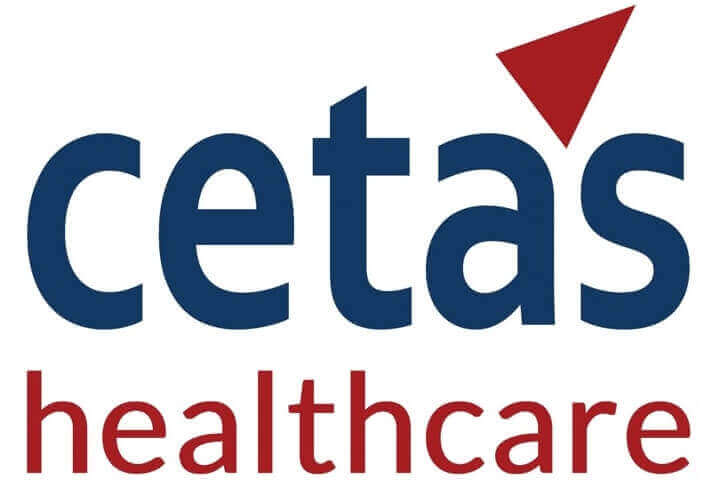X
Long-term clinical data is essential for understanding the performance, safety, and overall effectiveness of medical devices over an extended period. Some key reasons why Long-term data is important for medical devices:
In summary, the combination of Long-term clinical data and well-designed clinical surveys enhances our understanding of medical device performance, safety, and patient outcomes over an extended period, ensuring continuous improvement and regulatory compliance. Cetas Healthcare is world’s leading and the only ISO 14155 compliant medical devices surveys agency that is uniquely positioned to conduct high quality clinical surveys. Contact me for more details.


Introduction: In the dynamic space of the medical devices world, ensuring their safety and effectiveness post-market is paramount. Post-Market Clinical Follow-Up (PMCF) studies play a pivotal role in this endeavor. Among the various PMCF approaches,
We provide the best insights for your business
